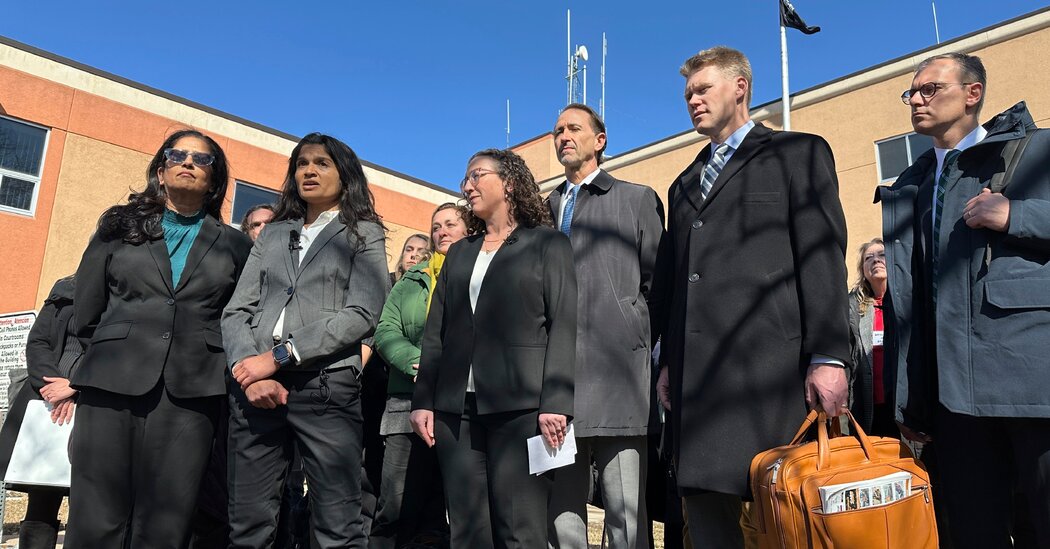A pipeline company’s lawsuit against the environmental group could chill free speech, experts said. First Amendment issues are likely to figure prominently in an appeal.
When the environmental group Greenpeace lost a nearly $670 million verdict this month over its role in oil pipeline protests, a quarter-billion dollars of the damages were awarded not for the actual demonstrations, but for defaming the pipeline’s owner.
The costly verdict has raised alarm among activist organizations as well as some First Amendment experts, who said the lawsuit and damage awards could deter free speech far beyond the environmental movement.
The verdict “will send a chill down the spine of any nonprofit who wants to get involved in any political protest,” said David D. Cole, a professor at Georgetown Law and former national legal director of the American Civil Liberties Union. “If you’re the Sierra Club, or the N.A.A.C.P., or the N.R.A., or an anti-abortion group, you’re going to be very worried.”
The lawsuit, filed by Energy Transfer in 2019, accused Greenpeace of masterminding an “unlawful and violent scheme” to harm the company’s finances, employees and infrastructure and to block the construction of the Dakota Access Pipeline. Greenpeace countered that it had promoted peaceful protest and had played only a minor role in the demonstrations, which were led by the Standing Rock Sioux Tribe over concerns about its ancestral land and water supply.
A key part of Energy Transfer’s case relied on defamation claims. For example, the jury found that Greenpeace defamed the company by saying it had “damaged at least 380 sacred and cultural sites” during pipeline work, the first of nine statements found defamatory.
Greenpeace called Energy Transfer’s lawsuit an attempt to muzzle the company’s critics. “This case should alarm everyone, no matter their political inclinations,” said Sushma Raman, interim executive director of Greenpeace USA. “We should all be concerned about the future of the First Amendment.”
